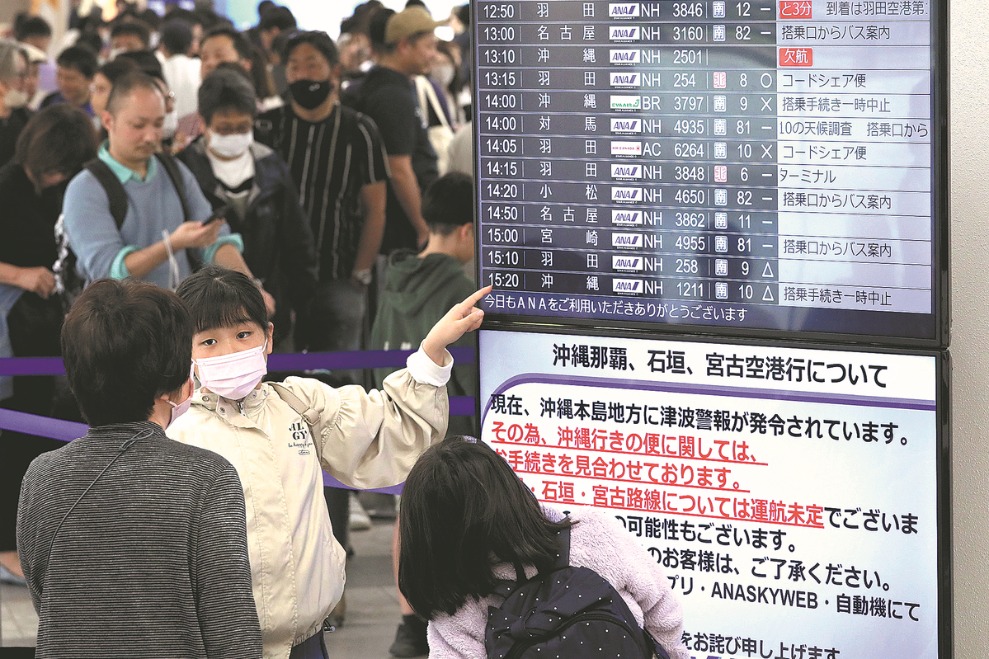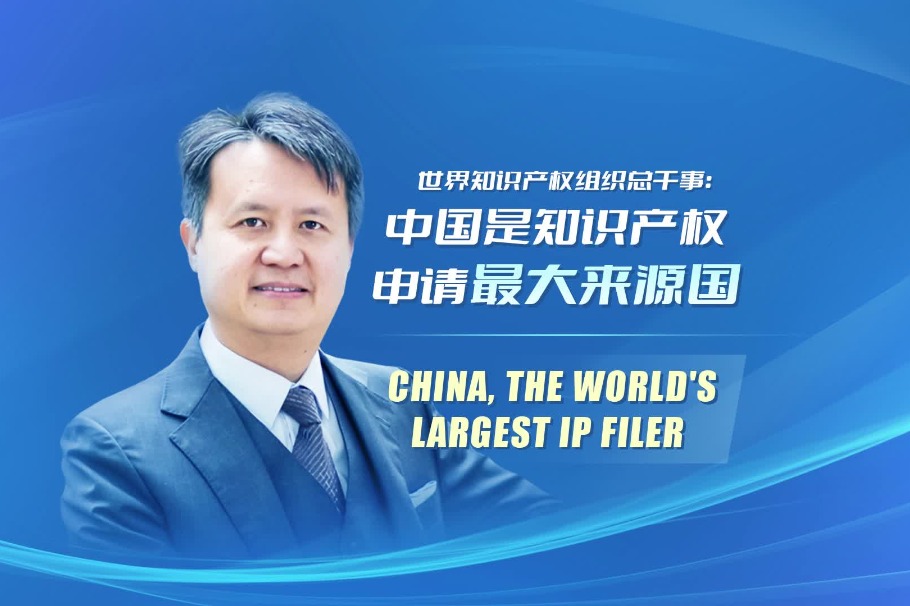Homeshored chips plan fries in its own grease
By ZHANG ZHOUXIANG | chinadaily.com.cn | Updated: 2024-01-22 16:31

US President Joe Biden's much-feted $52.7 billion initiative to homeshore semiconductor manufacturing is not going according to plan. On Thursday, 13 months after holding a "tool-in" ceremony at its new manufacturing plant in Phoenix, Arizona, at which it announced a second factory at the site, Taiwan Semiconductor Manufacturing Company said the start of the second factory's operations would be delayed from 2026 to 2027 or 2028.
This admission came five months after it pushed plans to start manufacturing at the first plant from 2024 to 2025 due to "a lack of skilled labor". It is reportedly trying to fast-track visas for 500 workers from Taiwan. Unions in the US claim that TSMC has fabricated the skills shortage as an excuse to hire cheaper, foreign labor. There have also been reports that the delays are because of safety issues at the plants.
But on Thursday, TMSC Chairman Mark Liu suggested that plans for its second fab were in flux, saying the size of government incentives would determine the kind of technology deployed.
Detailed guidelines on applying for subsidies were announced in March 2023. Since the subsidies come with harsh conditions, the number of applicants was only about 170 compared to the 500 companies that indicated their interest in applying prior to the release of the guidelines.
And it's clearly not easy to get the US government to pay out on its promises. So far, only two small-scale companies have received any subsidies. TSMC is still struggling to get a share of the promised pie.
It seems that the only outcome of the Biden administration pressuring TSMC to set up workshops in Arizona is that Biden has been able to tell voters at home that "American manufacturing is back, folks", something he proudly proclaimed when he the site in Dec 2022.
Yet, apart from prematurely patting itself on the back, the Biden administration has done nothing of note to help get the plants running.
As some have pointed out, the two-year delay is long enough for the semiconductor technology to upgrade to the next generation. In an age of fast technological progress, the decision to move to the US based on political rather than commercial considerations might prove to be bad one for TSMC.
























